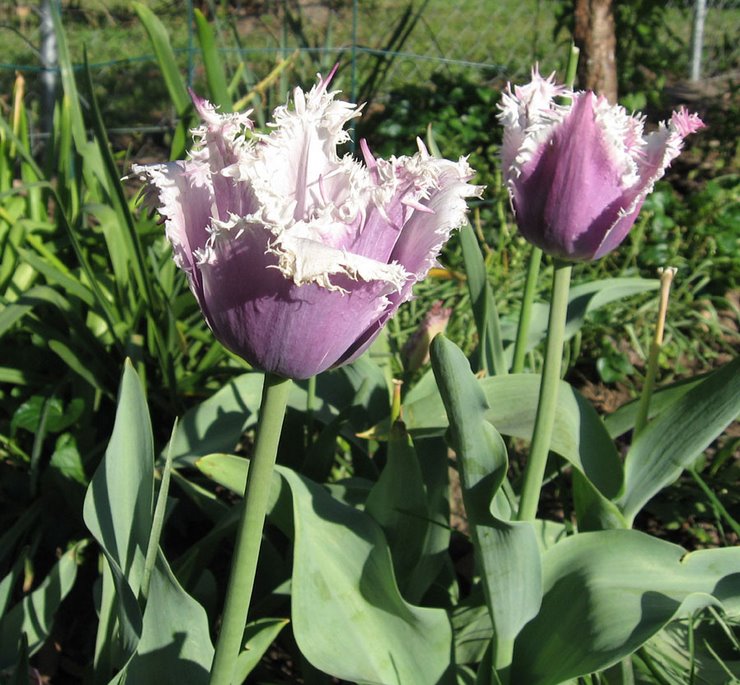Another of the things from my kitchen that I save for use in the garden is eggshells. I rinse them well, and save them in a plastic bag until I have enough to bother with (or feel the need for them). Then I use a rolling pin to crush them while they're still in the bag. You want them crushed pretty well to a powder. You could also put the shells in a plastic bucket and grind them with the bottom of a glass jar or another hard object as a make-shift mortar and pestle.
This eggshell powder is a great source of slow-release calcium. It can be added to compost, as many plants appreciate the calcium from the shells. It can be dug in around tomato plants, where lack of calcium leads to blossom end rot. Because it is a slow-release form, it isn't a quick fix, but an investment in the long term.
Sprinkle crushed eggshells around plants like young peppers, tomatoes, and hostas to keep slugs, snails and cutworms away. All of these pests have soft undersides, so the sharp edges of the shells is supposed to serve as a deterrent. Be generous as you sprinkle the shells around your plants, as it takes quite a bit to make an effective barrier.
People who raise backyard chickens often offer crushed eggshells to their chickens. Egg laying takes a lot of calcium. Other people put eggshells out near their bird feeders in the spring so that wild birds can benefit from the source of calcium.
Those of us who compost with worms have another use for crushed eggshells. Add some to your worm composter periodically. I like to toss a small handful in each time I start a fresh bin for my worms. It is supposed to help their reproduction, and serve as a buffer against excessive acidity forming.
So the next time you fix yourself an egg, don't throw the shell away. Save it for your garden!


No comments:
Post a Comment